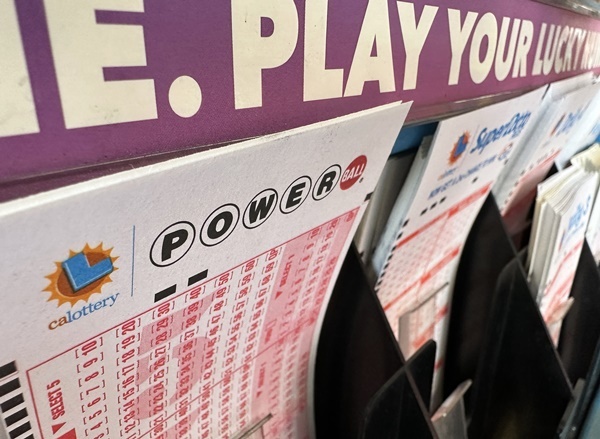Lotteries have long captured the collective imagination of people from all walks of life. These games of chance, which promise the possibility of instant wealth, have been a source of fascination and aspiration for centuries. In a world filled with uncertainty, lottery offer a glimmer of hope and a chance to rewrite one’s destiny.
The origins of lotteries can be traced back to ancient civilizations, where they were used to raise funds for various public projects, including the Great Wall of China and the construction of the Roman Colosseum. Over the years, lotteries evolved from being mechanisms of public financing to avenues for personal fortune. Today, they continue to be a popular form of entertainment and a potential ticket to financial independence.
Part of the allure of lotteries lies in their simplicity. Anyone can participate, and the rules are straightforward: select a set of numbers, wait for the draw, and hope that your combination matches the winning numbers. This simplicity levels the playing field, giving everyone an equal chance to win, regardless of their background or status.
The idea of hitting the jackpot, quitting your job, and living a life of luxury is a dream that resonates with many. Lotteries offer a tantalizing escape from the mundane routine, allowing us to daydream about exotic vacations, extravagant homes, and the freedom to pursue our passions without financial constraints.
However, it’s essential to approach lotteries with a sense of realism. The odds of winning a jackpot are often astronomically low, and the vast majority of participants will not experience the life-changing windfall they hope for. While lotteries can be exciting and entertaining, they should be seen as a form of entertainment rather than a serious financial strategy.


